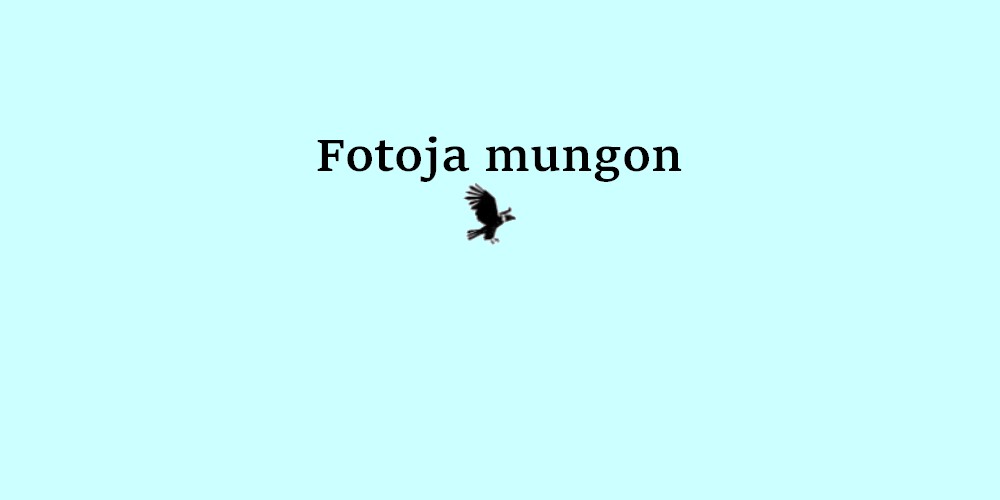While I provide certain articles free of charge, I also have a selection that requires payment to sustain my livelihood and continue delivering valuable content.
Controversy surrounds Klan Kosova as it faces legal scrutiny over media and business licensing. Calls for independent investigation and public outcry grow.
JUL 30
Recent revelations have brought to light two significant legal issues surrounding the prominent media company “Klan Kosova”: (1) concerns over its media licensing obligations, and (2) questions about its business license compliance.
Media Licensing Controversy: Negligence and Unapproved Ownership Changes
The Kosovo Media Commission (KMC) legislation, enacted between 2008 and 2010, stipulates that media licenses cannot be utilized without written authorization and prior approval from the KMC. According to KMC regulations for the Conditions and Terms of KMC Licensing, any change in ownership that exceeds 10% of shares or significantly influences the licensee’s control must be pre-approved in writing by the KMC.
However, from 2013 to 2020, Klan Kosova reportedly failed to seek approval or disclose its sources of financing and ownership changes.
Several instances highlight these issues:
On August 20, 2013, ownership shifted to Florent Nallbani without being reported or approved by the KMC.
On December 4, 2015, the ownership was transferred to Nikola Georgiev of K-Media Corporation, Macedonia, without seeking or obtaining KMC approval.
On December 8, 2015, the ownership passed to Seine LTD, a company in the British Virgin Islands, under the management of Cypriot national Marinos Stylianides, without being disclosed or approved by the KMC.
On December 28, 2018, Aleksandër Frangaj claimed ownership of Klan Kosova and requested a license renewal. The KMC board, comprising Muja Ferati, Violeta Hyseni, Xhemajl Krasniqi, Vlorë Berisha, and Anita Muriqi, approved the request without determining the true owner, as required by the KMC Law and Regulations for Licensing Conditions.
Business and Fiscal Matters: A Complex Web of Foreign Ownership
Adding to the complexity, questions have arisen concerning the business license and fiscal transparency of Klan Kosova’s parent company, “KGO Media Investments” in Macedonia. The company was registered on April 1, 2016, and the sole owner is Kushtrim Gojani from Gjakova. However, it was initially registered as a foreign-owned company from Serbia. The company’s sole activity, as per NACE3, is listed as “Marketing Agency.”
Notably, financial records indicate a modest annual turnover of approximately 300 EUR (expressed in local Macedonian currency) for the years 2021 and 2022. Furthermore, there have been two documented changes to the owner’s passport and address within the company records. Initially listed with a Serbian passport and address, the ownership was later updated to reflect a Kosovo passport and a different address.
It is essential to ascertain the origins of foreign capital in this Macedonian company and verify the actual ownership through authentic registration certificates.
Klan Kosova’s Response: Pending Investigation
On June 14, 2023, the Ministry of Industry and Trade informed Klan Kosova that it had lodged a criminal complaint with the Serious Crimes Department of the Kosovo Police. The complaint targets “KLAN KOSOVA” LLC, its officials from the Business Registration Agency, and affiliated individuals, citing “misuse of official duty and economic authorizations.” Consequently, the Ministry, in collaboration with the Business Registration Agency, took the decision to temporarily suspend the business certificate of “KLAN KOSOVA” LLC. The company’s owner has been notified and invited to a meeting to discuss the matter further, as stated by the Ministry.
As the news broke, Klan Kosova expressed concern over the decision of the Commission for the Review of Business Registration Appeals at the Ministry of Industry and Trade (MINT) to reject its appeal for the suspension of the business certificate. The company sees this move as a direct and open confrontation by the government against independent media.
The revelations have raised concerns within the media community and among the public, calling for a thorough investigation into the company’s compliance with media licensing and business regulations.
The Kosovo Media Commission has not responded to these recent developments, but the public eagerly awaits their stance on the matter and potential actions to address these alleged violations.
A Crucial Test for Media Integrity
The unfolding situation with Klan Kosova poses a crucial test for media integrity and regulatory enforcement in Kosovo. With public trust in the media at stake, it is essential for the relevant authorities to conduct a swift and impartial investigation into the media company’s practices, ensuring compliance with all legal requirements.
As the situation develops, further updates and actions from the Kosovo Media Commission and other regulatory bodies will be closely monitored, and the public will be keen to see how these matters unfold in the coming days.
The legal issues surrounding Klan Kosova have the potential for significant legal ramifications if found in violation of media and business licensing regulations. Failure to comply with the laws set forth by the Kosovo Media Commission may result in penalties, fines, or even the revocation of the media license, impacting the company’s operations and reputation.
Public outcry has been growing, with citizens and media watchdog groups calling for transparency and accountability. The role of media in a democratic society is crucial, and any perceived lack of integrity or adherence to legal requirements can erode public trust in the media landscape.
Political and Social Implications
Beyond legal repercussions, the controversy surrounding Klan Kosova has also sparked political debates and social discussions. Media ownership and control have long been topics of concern, with allegations of bias and political influence from Serbia (a foreign aggressor in Kosovo) raising questions about media independence and freedom of expression.
The situation has created a contentious political environment, with some accusing the company of being influenced or controlled by external interests. As the investigation unfolds, political actors may attempt to leverage the situation for their own agendas, potentially adding further complexity to the issue by accusing the government of a “totalitarian attitude”.
Media Freedom and Press Ethics
This case also shines a spotlight on media freedom and press ethics in Kosovo. A transparent and impartial media landscape is essential for a thriving democracy. As such, media outlets are expected to adhere to high standards of journalistic integrity, providing accurate and unbiased information to the public.
The controversy surrounding Klan Kosova highlights the importance of media organizations abiding by licensing regulations and being accountable to their audiences. Maintaining the trust of the public and upholding the principles of media freedom and press ethics are essential to preserving a vibrant media environment.
Given the gravity of the allegations, there are growing calls from various quarters for an independent investigation into the matter. Foreign embassies, some civil society organizations, media watchdogs, and concerned citizens are urging authorities to conduct a thorough and impartial inquiry to uncover the truth behind the ownership changes and business practices of Klan Kosova.
An independent investigation, conducted with transparency and integrity, will be crucial in ensuring the credibility of the findings and potential actions taken against any violations that may be uncovered.
As the public awaits official responses from the Kosovo Media Commission and other regulatory bodies, the situation remains fluid. The media landscape in Kosovo is closely monitoring developments, and the public’s trust in media institutions hinges on the authorities’ ability to handle the case responsibly and with the highest regard for the rule of law.
The outcome of this investigation will not only determine Klan Kosova’s fate but also serve as a litmus test for the effectiveness of media regulations and the commitment to press freedom in Kosovo. The eyes of the nation and international observers are fixed on how the situation unfolds in the coming days and weeks.
The unfolding controversy surrounding Klan Kosova underscores the importance of adhering to media and business licensing regulations. It also highlights the significance of media freedom, journalistic integrity, and transparency in a democratic society.
The outcome of the investigation will have far-reaching implications, not only for Klan Kosova but for the media landscape in Kosovo as a whole. As this case unfolds, the nation watches closely, hopeful for a resolution that upholds the principles of the rule of law, media freedom, and public trust in the media.


Shënim:
Redaksia, diplomacia. dk nuk e merr përgjegjësinë për pikëpamjet e autorit në shkrimin e botuar!
Respekt!
